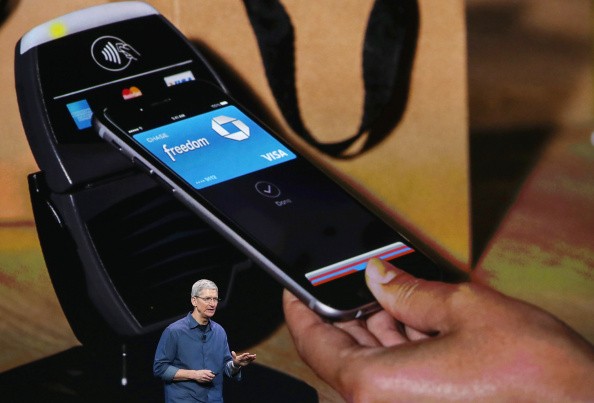
More people are embracing the healthy lifestyle, and that's definitely great. While others are in the gym or in parks, many prefer to download fitness apps to help track their progress and get a virtual trainer. The question is: do they work?
That's the same query researchers of the University of Florida had. The only way to answer that is to compare these apps with certain standards or guidelines used in sports and exercise. And based on analysis, a dismal 1 out of 30 most popular free downloaded apps in iPhone has met the criteria.
For the study, the researchers used the guidelines developed by American College of Sports Medicine, touted as the biggest organization for exercise and sports medicine in the world. The apps competed into 3 categories, namely, flexibility, strength, and aerobic. Each of these apps, moreover, was measured based on its level of safety, intensity, stretching, cool-downs and warm-ups, progression, and frequency.
While over 50% of the tested apps did great in aerobic exercise and more than 85% had recommendations to improve strength and resistance, majority of them failed in flexibility.
When these apps are scored in each of the categories, only 1 passed the criteria, garnering a score of 9.01: Sworkit Lite Personal Workout Trainer App. It scored the highest in resistance followed by aerobic. It obtained 0.98 in flexibility, the highest point among the apps in this area.
In second place was 7-Minute Workout by UOVO, but the score was a far cry from Sworkit at 5.39. While it received almost 3 points in aerobic and resistance, it got zero in flexibility. In the bottom list was Runtastic Six Pack Abs Trainer, which garnered less than half a point. It scored 0.33 in resistance and zero in aerobic and flexibility.
According to the study's lead author Francois Modave, a PhD associate professor in the university, many of the apps may not provide safe and more holistic workouts, which may make them less effective.



